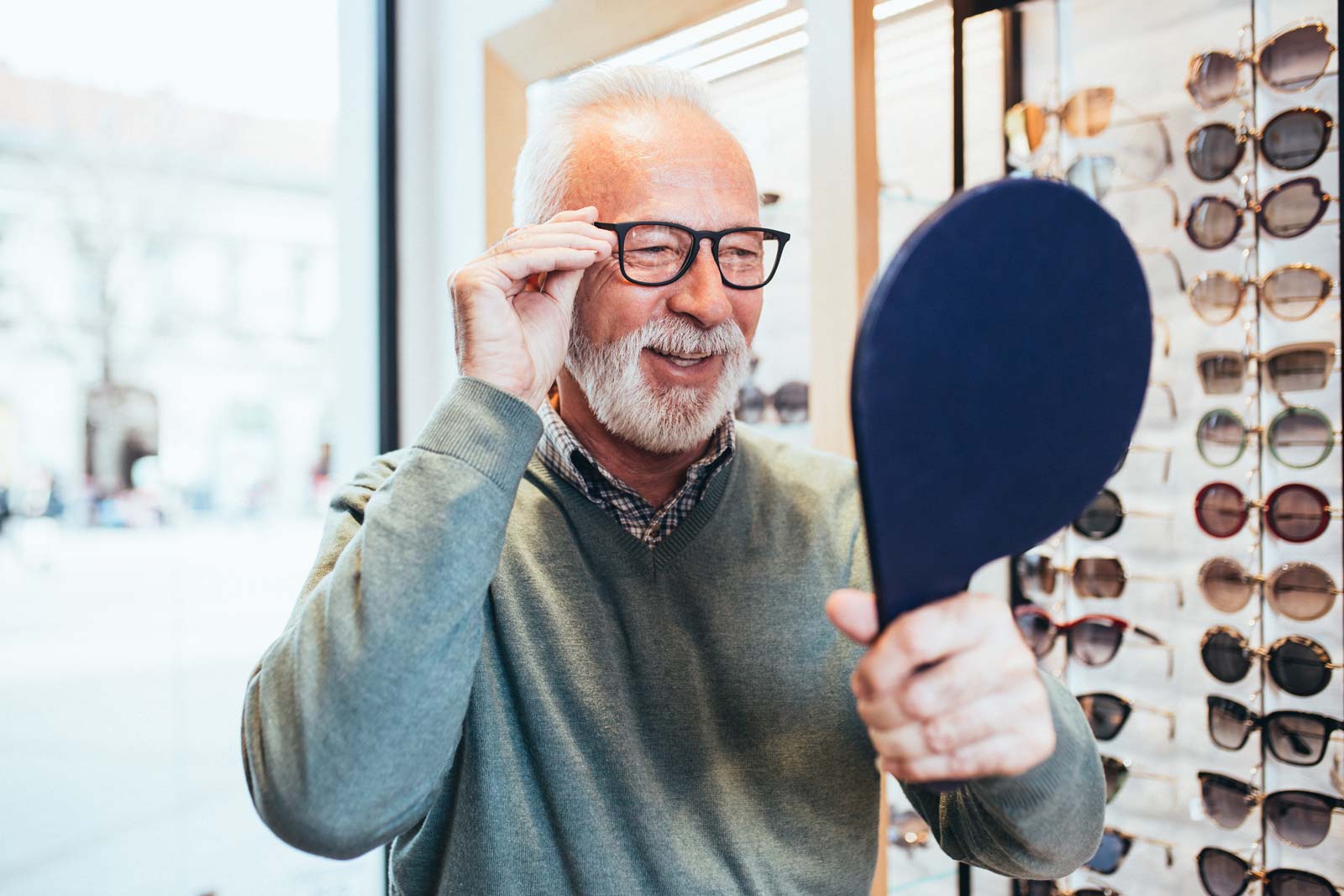
What to Expect at Your First Eye Exam After 65
Reaching age 65 marks an important milestone in your eye health journey. At this stage of life, regular comprehensive eye exams become more crucial than ever for maintaining your vision and overall quality of life. If you're approaching or have recently passed this milestone, you might be wondering what to expect during your first senior eye exam.
Why Eye Exams Become More Critical After 65
As we age, our risk for serious eye conditions increases significantly. Many age-related eye diseases develop gradually and without noticeable symptoms in their early stages. Regular eye exams can detect these conditions early when treatment is most effective.
Common age-related eye conditions include:
- Macular degeneration
- Glaucoma
- Cataracts
- Diabetic retinopathy
- Dry eye syndrome
Preparing for Your Senior Eye Exam
What to Bring
- Current eyeglasses and contact lenses
- Complete list of medications (including over-the-counter supplements)
- Insurance cards, including Medicare information
- Medical history, especially diabetes, high blood pressure, or heart conditions
- Family history of eye diseases
- List of any vision changes or concerns you've noticed
Questions to Prepare
Write down any symptoms or concerns beforehand, such as:
- Changes in night vision
- Difficulty reading or seeing fine details
- Increased sensitivity to light
- Seeing halos around lights
- Frequent changes in eyeglass prescriptions
What Happens During Your Comprehensive Senior Eye Exam
Initial Assessment and Health Review
Depending on your eye health history, these steps may be familiar to you! Your eye care team will review your complete medical history, current medications, and any vision concerns and will be available to answer any questions you might have about how your eyes are changing as they identify potential risk factors for age-related eye conditions.
Visual Acuity Testing
You'll read letters from an eye chart to measure how clearly you see at various distances. This helps determine if you need updated prescription glasses or contact lenses.
Dilated Eye Examination
Eye drops will be used to widen your pupils, allowing your doctor to examine the inside of your eyes thoroughly. While your vision may be blurry for several hours afterward, this test is essential for detecting:
- Early signs of macular degeneration
- Glaucoma damage
- Diabetic retinopathy changes
- Cataract development
Specialized Testing for Seniors
There are a variety of other specialized tests geared toward eye health in your later years. Talk to your St. Paul Eye Clinic doctor if you are interested in learning more about what is available.
Optical Coherence Tomography (OCT): This advanced imaging test provides detailed pictures of
your retina's
layers, helping detect macular degeneration and other retinal conditions in their earliest stages.
Visual Field Testing: This test maps your peripheral vision and can detect blind spots that
might indicate
glaucoma or other neurological conditions.
Amsler Grid Test: You'll look at a grid pattern to check for distortions that might
indicate macular
degeneration.
Understanding Your Medicare Coverage
Most seniors are pleased to learn that Medicare Part B covers annual comprehensive eye exams when you have risk factors for eye disease, such as diabetes or a family history of glaucoma. Even without risk factors, Medicare typically covers eye exams every two years.
What Your Results Mean
Normal Results
If your exam shows healthy eyes with age-appropriate changes, you'll typically be scheduled for annual follow-ups to monitor any developments.
Early Signs of Conditions
If early signs of age-related conditions are detected, don't panic. Early detection means more treatment options and better outcomes. Your doctor will discuss monitoring schedules and potential interventions.
Immediate Treatment Needs
Some conditions may require prompt treatment. Your eye care team will explain all options and help you make informed decisions about your care.
After Your Exam: Next Steps
Updated Prescriptions
If you need new glasses or contact lenses, your optician can help you choose frames and lenses that work best for your lifestyle and vision needs.
Follow-up Care
Depending on your results, you may need more frequent monitoring or referral to a specialist for specific conditions.
Lifestyle Recommendations
Your eye care team may suggest:
- Nutritional supplements for eye health
- UV protection strategies
- Lifestyle modifications to support vision health
- Home monitoring techniques for certain conditions
Taking Control of Your Vision Health
Regular eye exams after 65 aren't just about updating your prescription—they're about preserving your independence and quality of life. Many eye conditions that could lead to vision loss are preventable or treatable when caught early.
Our experienced team understands the unique needs of senior patients. We take extra time to explain procedures, answer questions, and ensure you're comfortable throughout your visit. With advanced diagnostic equipment and a comprehensive approach to senior eye care, we're committed to helping you maintain healthy vision for years to come.










